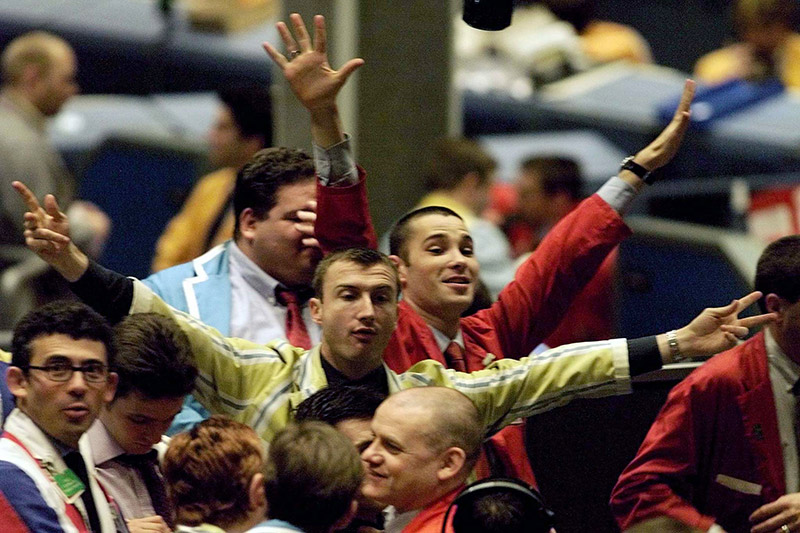By Marc Jones
LONDON (Reuters) - Oil fell below $80 a barrel for the first time since 2010 on Thursday, as more evidence of a slowdown in China's resource-hungry economy chimed with OPEC warning of a substantial drop in demand next year.
Data from Beijing showed below-forecast factory output and investment growth hitting a near 13-year low, reinforcing signs that the world's second-biggest economy will see its weakest growth for almost 24 years this year.
Stock markets (MIWD00000PUS), however, were not put off, wagering that the lacklustre figures could encourage more support measures from the Chinese authorities in the coming months, and that the slide in oil could aid growth globally.
European shares (FTEU3) rose 0.5 percent in a small rebound from falls on Wednesday. Futures markets pointed to a positive start for Wall Street
But it was oil
The Organization of the Petroleum Exporting Countries (OPEC) said in its latest report on Wednesday that demand for oil was expected to drop by around a million barrels a day next year because of the U.S. shale boom.
Its top producer, Saudi Arabia, also gave little away about whether it will cut output to remove surplus oil from the market, ahead of what is shaping up to be a landmark OPEC meeting on Nov. 27.
"There are not many bullish factors to lift the market now," said Avtar Sandu, senior manager for commodities at Phillip Futures in Singapore. "But it's not a one-way street down. Those who have been selling want to take profits around this area."
The robust dollar (DXY) added to the pressure on oil as it moved towards a recent seven-year high against the yen, driven by speculation that Japanese Prime Minister Shinzo Abe will call a snap election in December.
A senior figure in Abe's ruling party told reporters it appeared the premier had indeed decided to call an election. If he wins, economists believe it will clear the way for further stimulus measures.
ROUBLE TROUBLE
Oil's ongoing slide also put renewed pressure on Russia's hard-hit rouble
It was down well over 1 percent at 46.27 to the dollar and with tensions also bubbling in Ukraine again, traders were watching to see whether the central bank would be forced into more decisive action to defend the currency.
(Additional reporting by Jacob Gronholt-Pedersen in Singapore and Alexander Winning in Moscow; Editing by Hugh Lawson)
